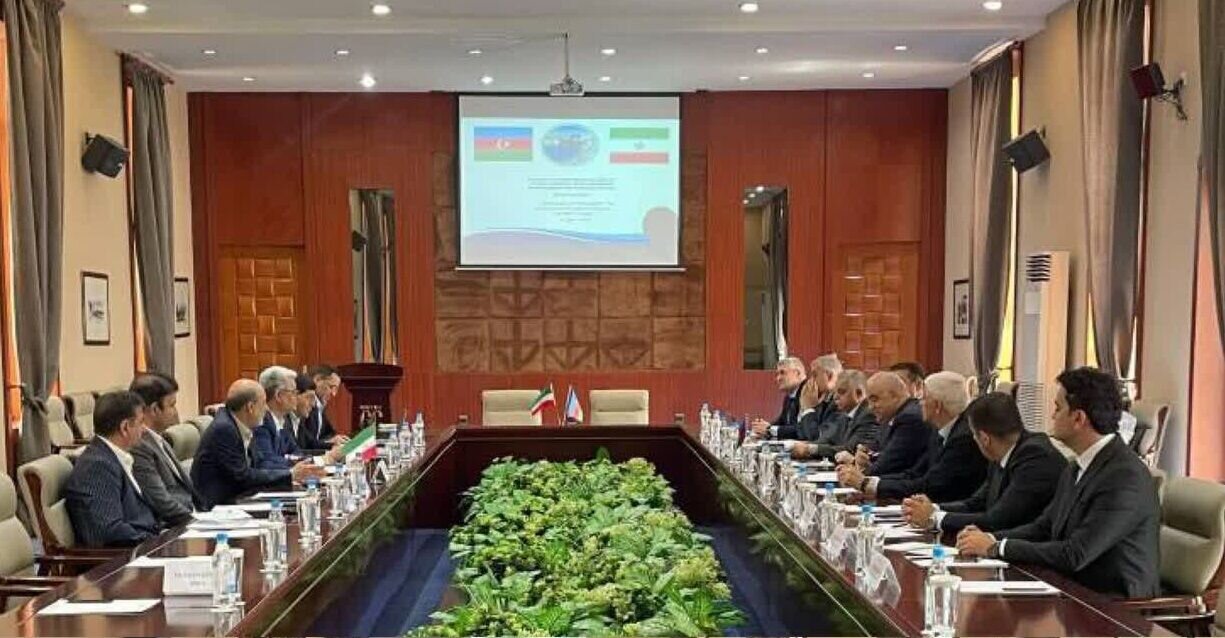
Similar Posts
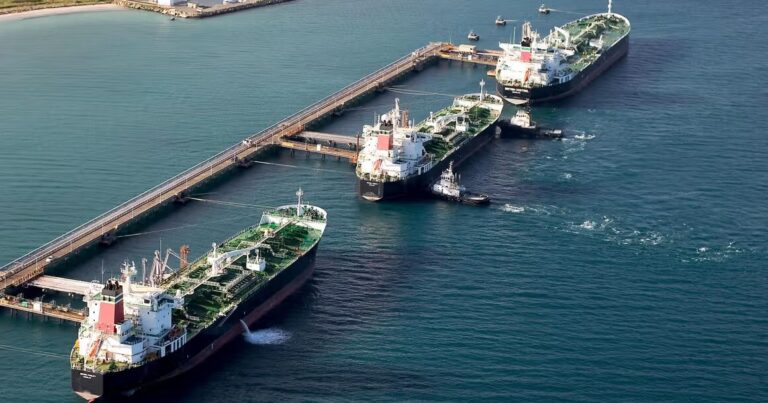
Oil Shipping Rates Soar as US Targets Russia and Iran’s ‘Dark Fleet’
Shipping costs for oil from the Middle East to China have surged by over 39% to $37,800 per Very Large Crude Carrier (VLCC) due to recent U.S. sanctions targeting 183 tankers involved in transporting Russian and Iranian oil. As a result, China is increasing oil imports from Arab exporters and avoiding sanctioned tankers. Iranian oil exports to China have dropped by about 500,000 barrels daily recently, with around a third of tankers now under some form of sanctions. Meanwhile, Chinese refineries are shifting towards alternative suppliers, driving up demand and prices for oil from non-sanctioned regions.
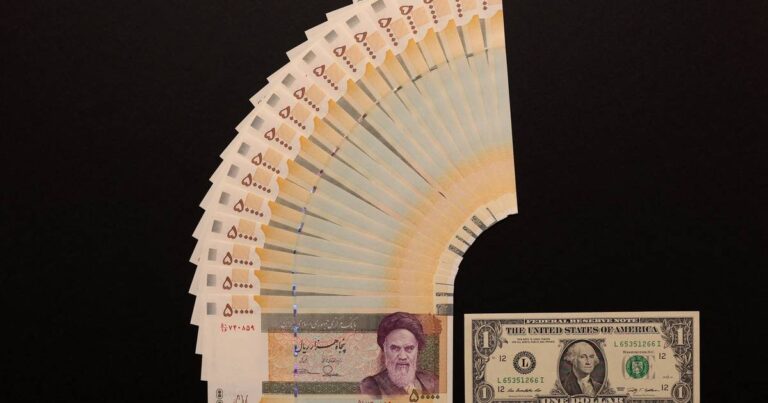
Iran’s Rial Crashes to Historic Low: Surpasses 1 Million per Dollar in Unprecedented Freefall
Iran’s currency, the rial, has plummeted to a record low of 1,039,000 rials per US dollar, exacerbating the country’s economic crisis amid stalled nuclear negotiations with the US. Since President Masoud Pezeshkian took office in August, the rial’s value has halved, driven down by US sanctions, geopolitical tensions, and a challenging political climate. Inflation rates have soared above 40%, with essential goods experiencing price increases of nearly 100%. The Iranian government faces mounting pressure to implement reforms as citizens express growing concern over their financial stability and the future of the economy.
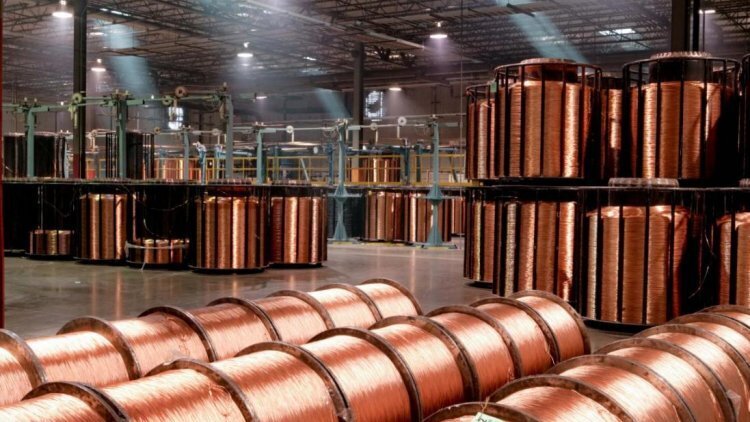
NICICO Sees Significant Surge in Sales Over 10-Month Period: A Game-Changer for the Industry!
The National Iranian Copper Industry Company (NICICO) reported impressive growth, achieving sales of 1,330 trillion rials (about $1.92 billion) from April to January, a 32% increase from last year. Domestic sales rose by 29% to 1,020 trillion rials, while export sales exceeded 310 trillion rials, up 43%. NICICO’s dollar export value soared by 956%. The company attributes this success to a booming minerals sector, spurred by U.S. sanctions on Iran’s petroleum industry. NICICO is also expanding operations, including a major project in Sistan and reporting a three-fold increase in ore deposits at the Sungun mine.
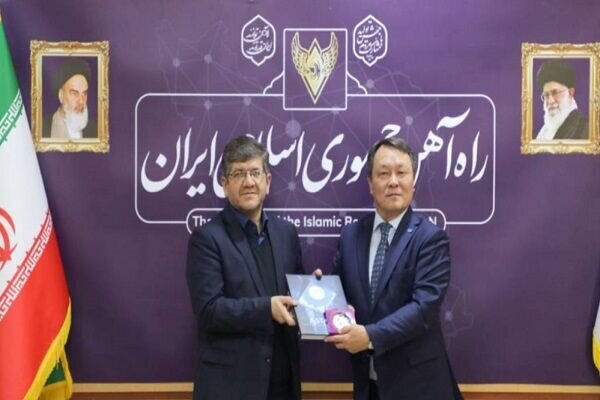
Kazakh Envoy Highlights Promising Potential of Iran’s Strategic Rail Corridor
A recent meeting between Iranian railways CEO Jabbar Ali Zakeri and a Kazakh envoy focused on enhancing freight transportation between Iran and Kazakhstan. Zakeri highlighted Iran’s capacity to transfer up to five million tons of cargo annually, which could significantly boost bilateral trade. The Kazakh envoy emphasized the need for regular meetings to align objectives and achieve trade targets. Discussions included improving rail connectivity and utilizing Iranian ports for smoother trade routes. Both countries are committed to strengthening economic ties through upgraded rail infrastructure and increased cargo capacity, marking a positive outlook for regional trade relations.
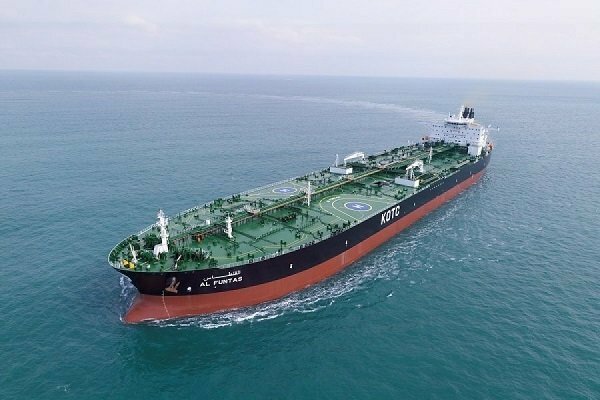
Iran Dismisses Claims of Halting Oil Vessel Operations, Says Foreign Ministry Spokesperson
Esmaeil Baghaei, spokesperson for Iran’s Foreign Ministry, emphasized the importance of free trade and the legality of commercial vessels in international waters amid ongoing U.S.-Iran negotiations. He stated that coercive negotiation tactics are unacceptable and reaffirmed Iran’s openness to genuine discussions. Baghaei criticized Reuters for spreading misinformation about Iranian oil tankers, asserting that such claims violate journalistic integrity and serve a deceptive narrative. He highlighted that halting ships contravenes international law and underscored Iran’s commitment to legitimate maritime operations. Baghaei’s remarks reflect Iran’s resilience against external pressures and its determination to uphold its rights in global trade.
